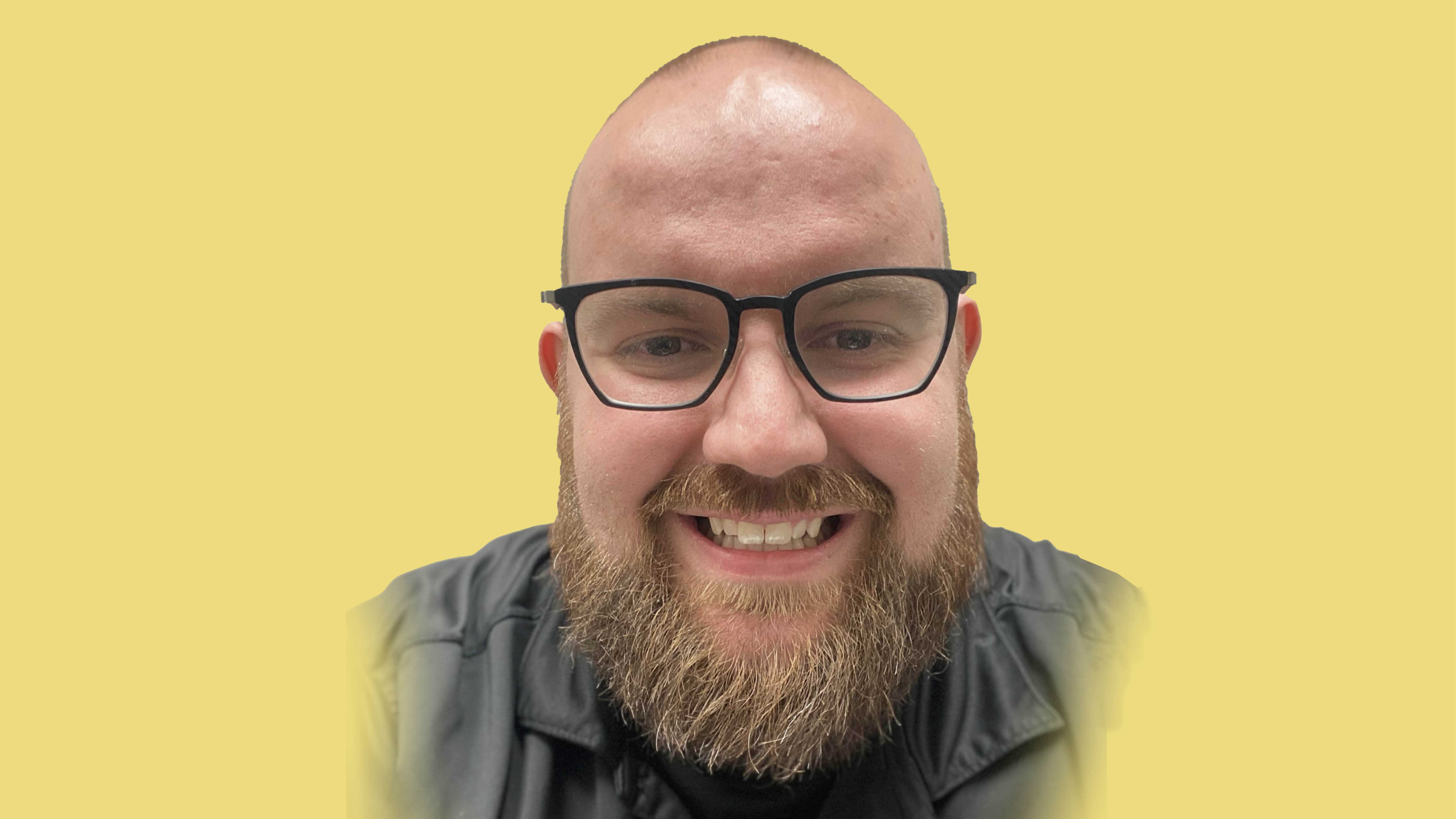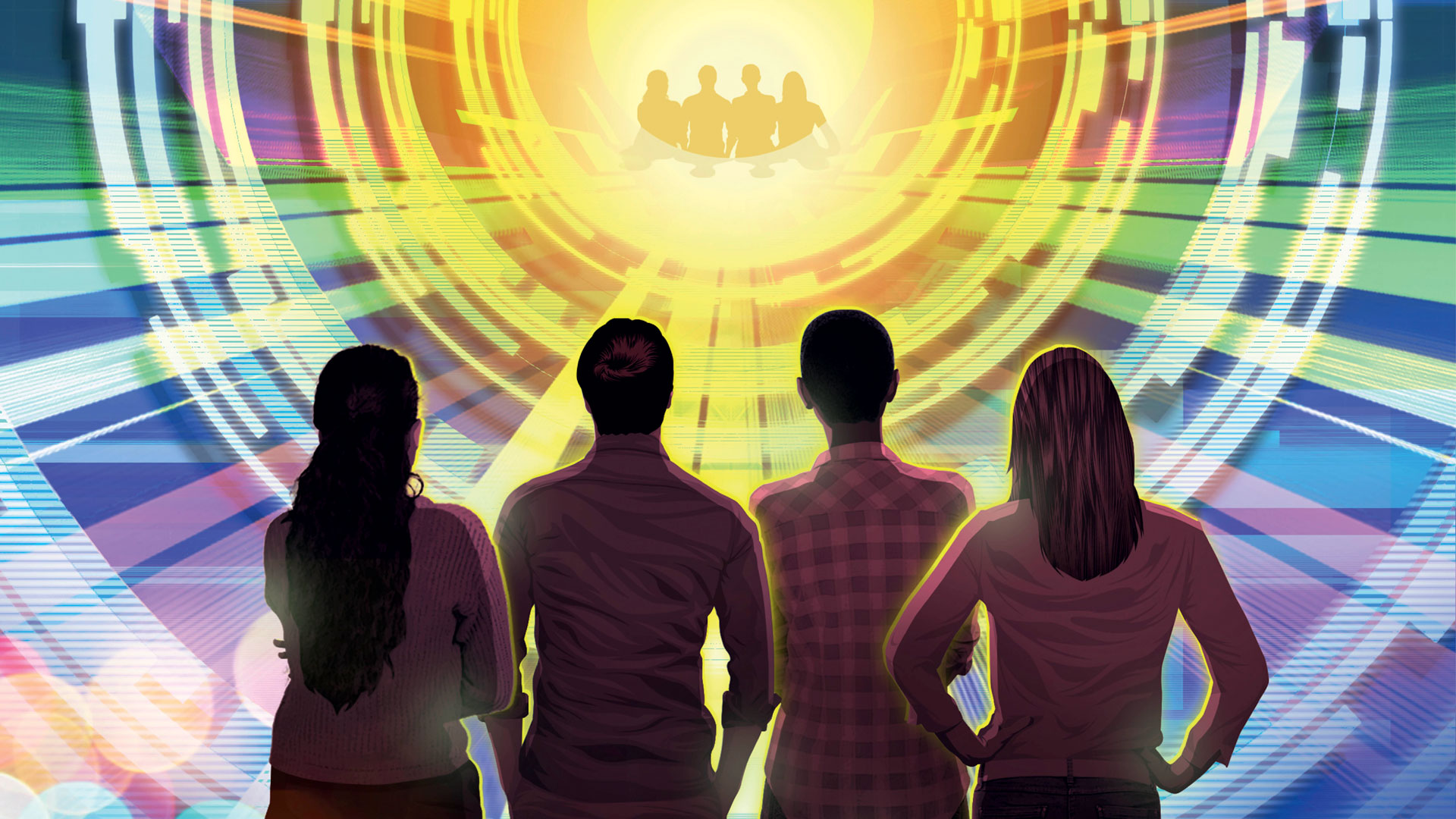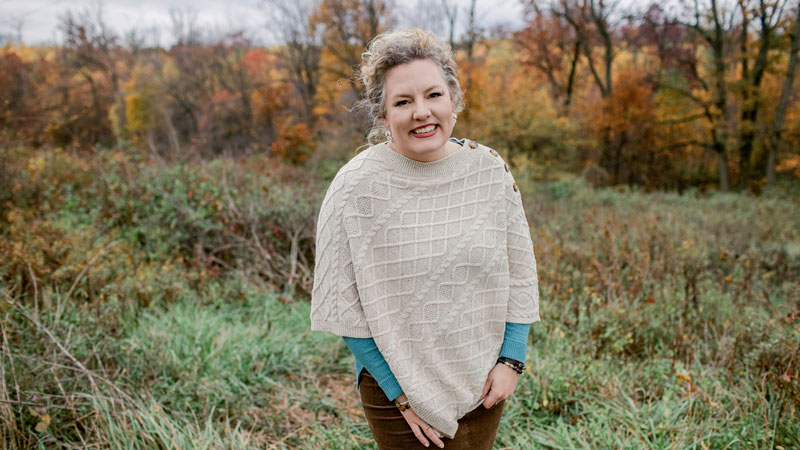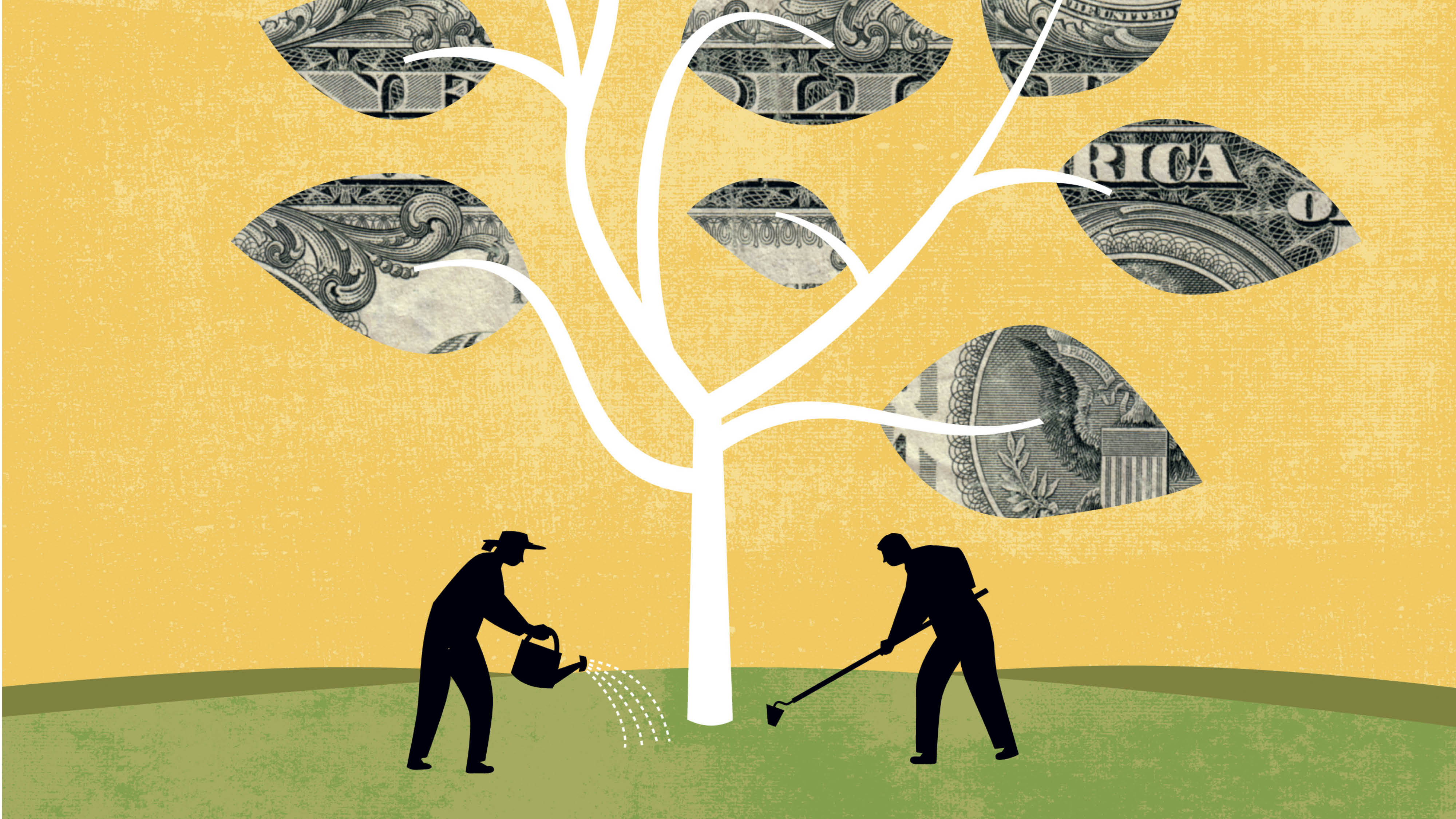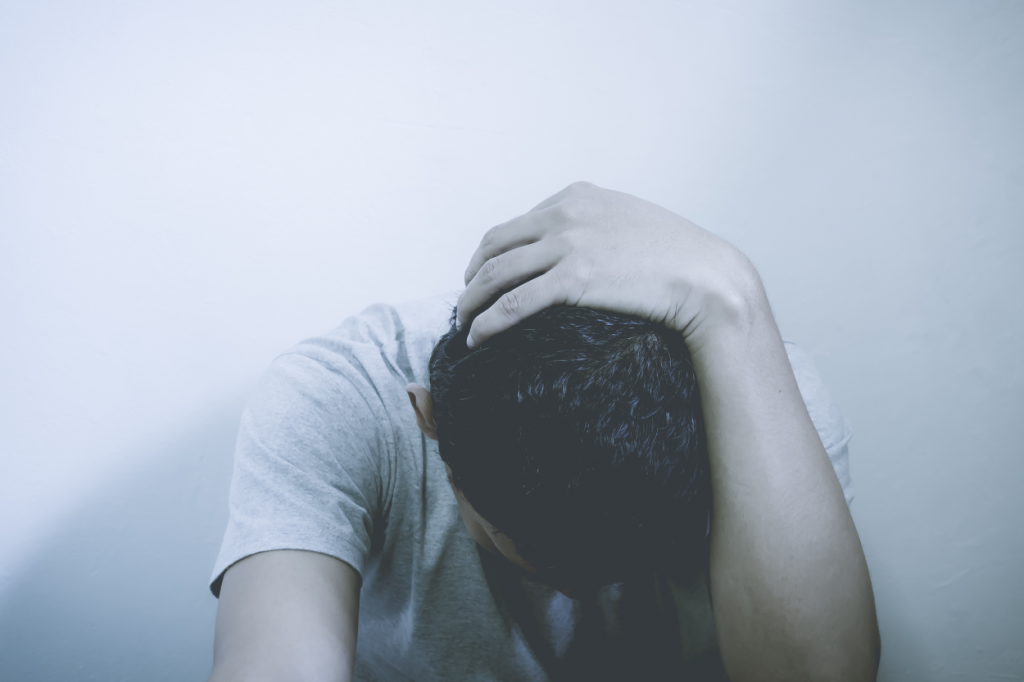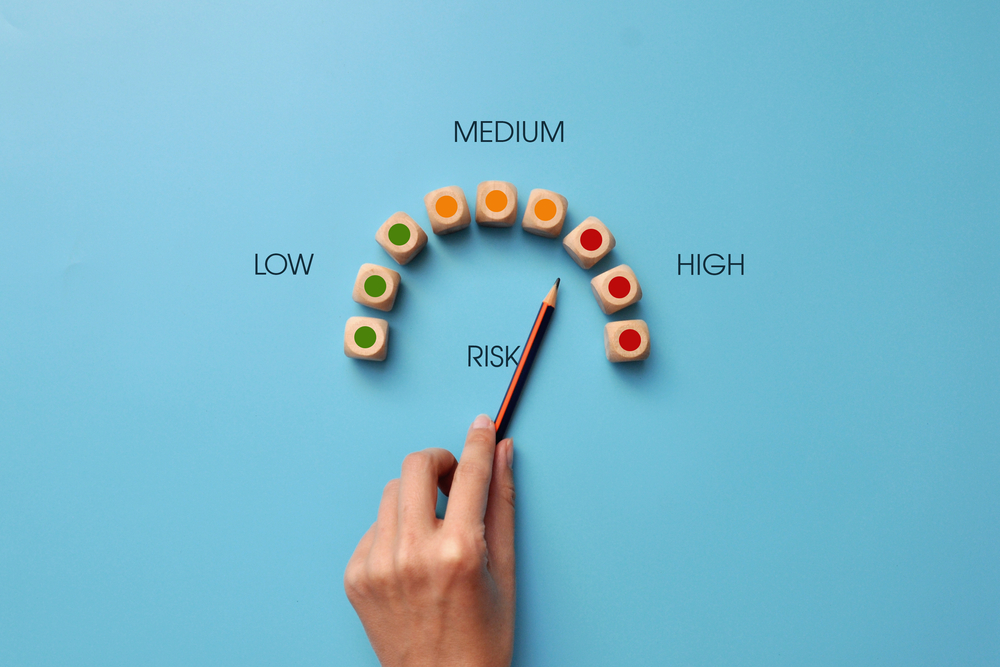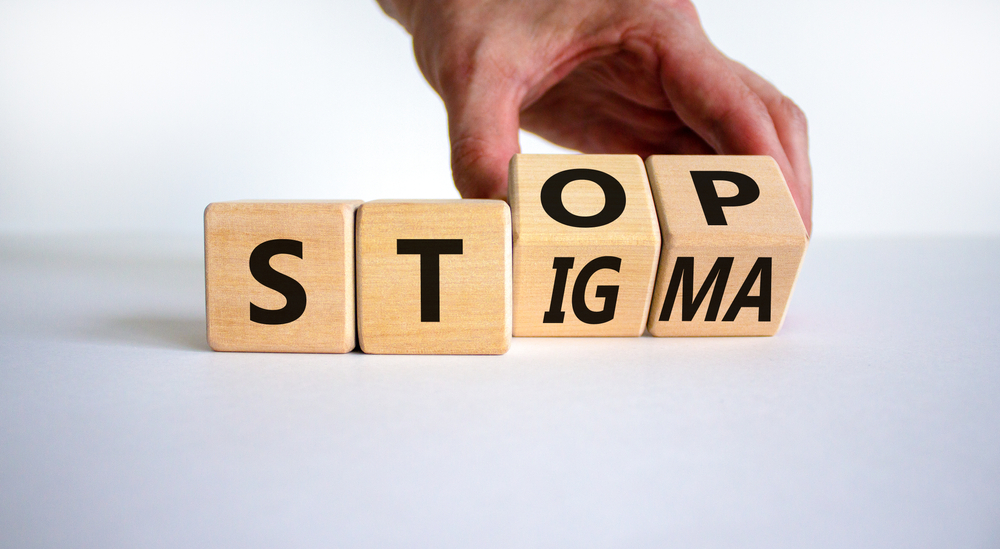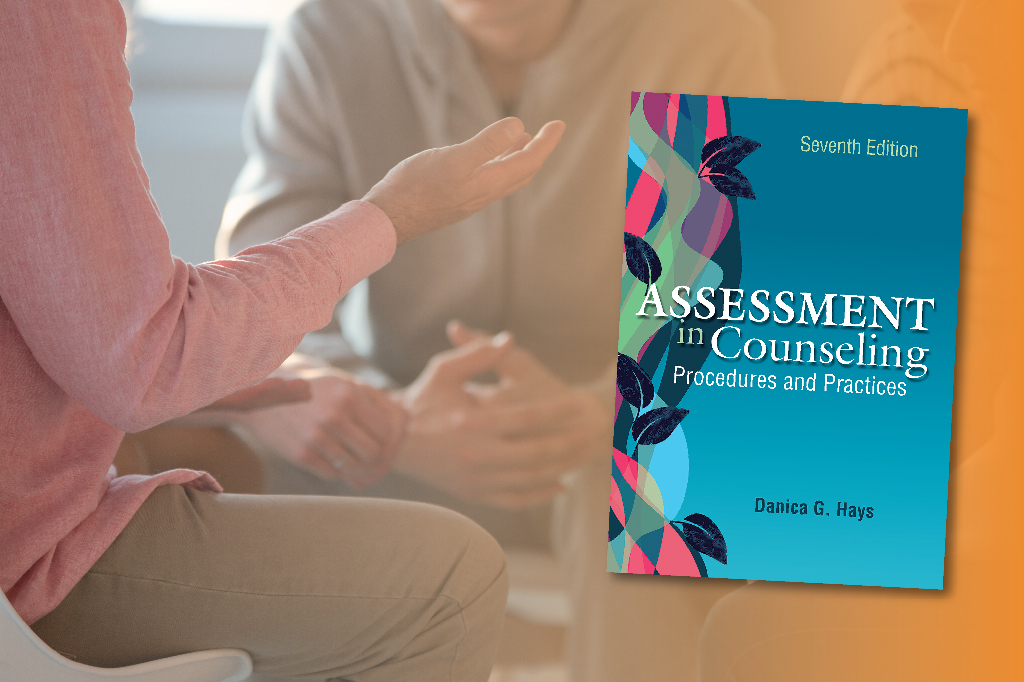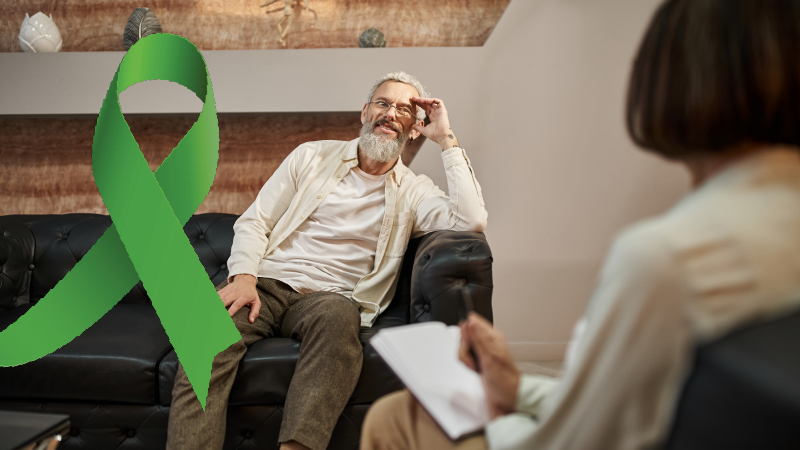
Highlighting the importance of mental health awareness
While one in five people will experience mental illness over the course of their lifetimes, everyone will face challenges that can and will affect their mental health. Observed every year on October 10, World Mental Health Day seeks to raise awareness of mental health issues and highlights efforts to support mental health.
Acknowledging the state of one’s mental health issues is important, and so is being able to seek help when you’re struggling. ACA has provided resources to support counselors around the world who play a crucial role for those struggling with their mental health.
Related Articles from Counseling Today
General Public Resources from the Counseling Corner
It's All Connected: Emotional Wellness Relies on a Holistic Approach to Health
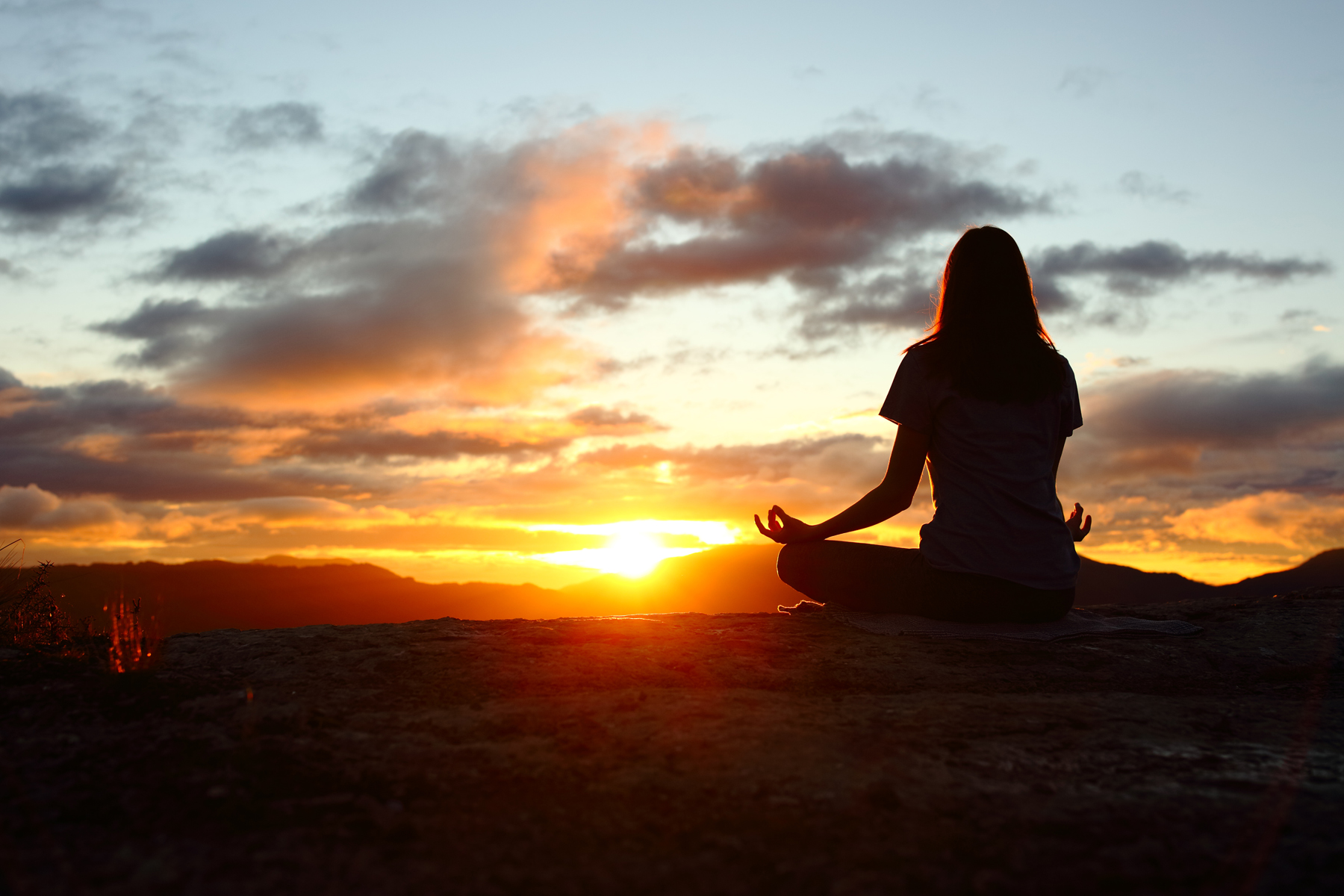
If there was a “Top 10 Buzzwords of the 21st Century” list, it’s likely that “wellness” would be on it. From essential oils and inspirational memes on Instagram to nature bathing and mindfulness apps, there is no shortage of digital content and practical advice on how to tend to our personal well-being these days.
However, for any of those things to be effective or useful, we first need to have a basic understanding of what wellness is and how our emotional wellness in particular connects to and interacts with other types of wellness. Emotional wellness is defined by most as an awareness, understanding and acceptance of our feelings and our ability to effectively manage our emotions through challenges and change. And when we zoom out from that to defining big picture wellness, the ACA Encyclopedia of Counseling describes wellness as “a state of positive well-being … in which body, mind and spirit are integrated.”
So, what is the relationship between emotional wellness and that big picture wellness or well-being?
The National Wellness Institute promotes six dimensions of wellness: emotional, occupational, physical, social, intellectual and spiritual. Similarly, health institutions like the Substance Abuse and Mental Health Services Administration (SAMHSA) highlight eight dimensions: social, environmental, physical, emotional, spiritual, occupational, intellectual and financial. Regardless of what set of dimensions or labels you subscribe to, the foundational belief and message are the same. Wellness is dependent on multiple areas of our life working in harmony together.
When thinking about mental health and emotional wellness specifically, counseling as a profession has always started from a place of wellness and emphasized the interconnectedness of the different areas of our lives. Wellness counseling uses a strengths-based approach, meaning that counselors assess their clients to find one area of wellness (social, physical, etc.) where they’re already strong and use that to boost other areas like emotional wellness.
For example, if a client who loves playing video games is struggling with social anxiety related to work or school, a counselor might have that client engage in safe social exposure activities through playing video games online and chatting with other players. When working with clients who are experiencing intense emotions and feelings, counselors also work to make the connections between those emotions and their physical wellness more explicit.
This critical interconnectedness among different areas of wellness is why we’re now seeing more behavioral and physical health practitioners talk about concepts like whole patient care and holistic care. Hailey Shaughnessy, a licensed mental health counselor in Florida, uses what she describes as an “integrative approach to working with clients, incorporating both eastern philosophies and complementary western psychology” and specializes in helping clients with a wide range of mental, physical and emotional health issues including anxiety, depression, eating disorders, panic attacks and insomnia.
Helping people understand how physical responses like lack of sleep or jolts to the nervous system directly impact their emotional well-being is critical, not to mention more complex than simplified explanations like, “Just go exercise or get a massage and you’ll feel better!” And then of course there’s major traumatic events like the COVID-19 pandemic and how they affect the emotional wellness of different types of people. No matter the exact terminology used, our emotional wellness is part of a complex web of experience that has to be considered in its entirety if we’re to tend successfully to any one area of it.
